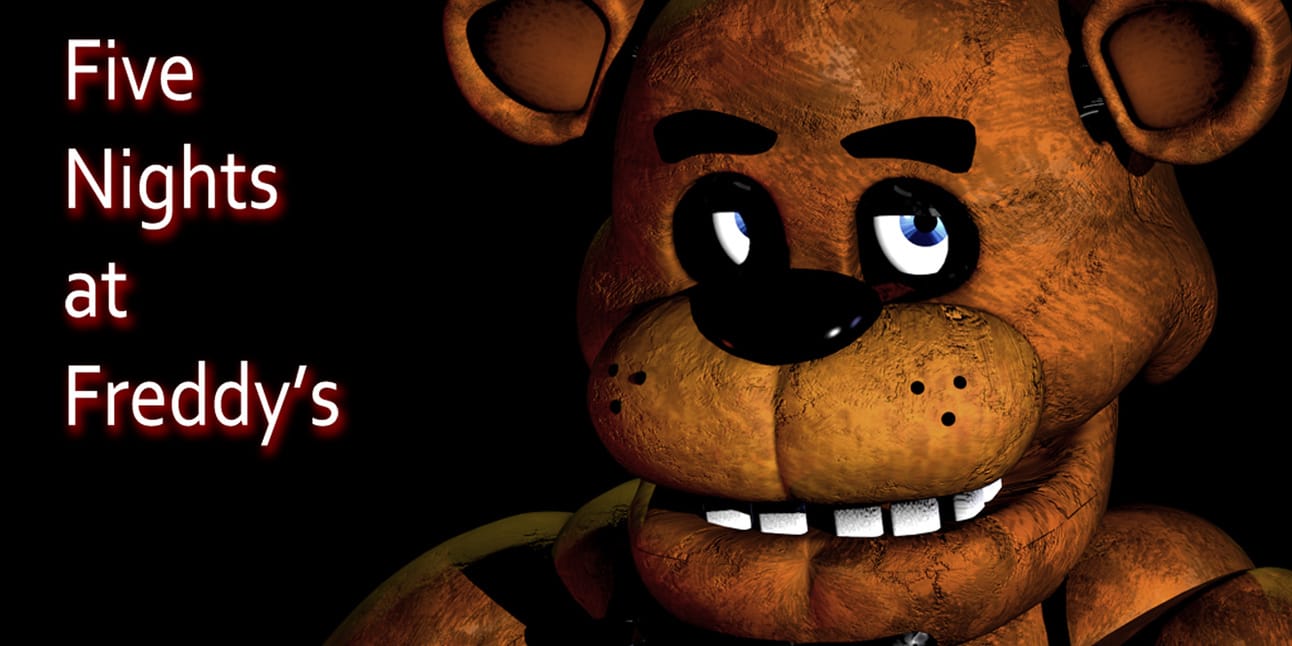- Mozuma: Beyond Screens
- Posts
- How to Sell the Same Game Ten Times
How to Sell the Same Game Ten Times
A No-Nonsense Guide to Transmedia for Games
Ever bought a game, then a comic based on that game, then some collectibles, then went to see the movie adaptation, and finally ended up subscribing to a platform just to get exclusive lore?
Congratulations - you’ve been caught in the transmedia web.
But don’t worry, you’re not alone. This isn’t a scam; it’s a business model. Transmedia storytelling lets you monetize a single game across multiple formats, keeping players engaged (and paying) long after the credits roll. Think of it like a gym membership - whether you use it or not, you’re still getting charged.
What Is Transmedia and Why Should You Care?
There was a time when a game was just a game. You bought a cartridge, played Turtles in Time, and moved on. No DLCs, no battle passes, no collectibles. But then someone had a brilliant idea:
"What if we could take a game and sell it as a movie? Then as a comic? Then as a board game? And what if we sprinkled in hidden lore across all of them so that players would obsess over finding every single piece?"
Enter The Witcher😀

Witcher 4 - Netflix show
First, the books. A niche hit.
Then, the game. Boom - millions of fans.
Then, the Netflix show. Suddenly, even people who don’t play games know who Geralt is.
Then came comics, animated spin-offs, mobile games, merch, and expansions.
Fast forward, and even your aunt is debating whether Henry Cavill was a better Geralt.
The Secret to Making Players Keep Paying
The key to transmedia is simple: it’s not just about making a comic or a movie - it’s about creating a deeper world that exists beyond the game itself. It’s about giving fans a reason to stay engaged long after they’ve finished the main story.
1. Make the Lore Bigger Than the Game

Five Nights at Freddy
Remember Five Nights at Freddy’s? What started as a small indie horror game turned into a massive franchise, complete with novels, animated series, and a feature film. The secret? The game didn’t explain everything. Players had to piece together the story themselves, which made them even more invested.
Rule of thumb: If someone can understand your game’s story in one trailer, you’re not doing transmedia. You’re just marketing.
2. Every Format Should Add Something New
Transmedia isn’t about repeating the same story in different formats. It’s about adding layers to the world. Cyberpunk 2077 is a perfect example:
The game launches. Bugs, patches, and mixed reviews.
Then comes the anime, Edgerunners. And suddenly, Cyberpunk is cool again.
Why did it work? Because the anime didn’t just retell the game’s story - it expanded the world, introduced new characters, and gave players fresh reasons to return.
How it works:
Game = Core experience.
Comics & novels = Deepen the lore.
Films & TV = Explore new angles of the universe.
Merch = Turns fans into walking billboards.
3. Let Players Theorize and Build on the Story
If your community is discussing your game’s lore more than its mechanics, you’ve won transmedia.
Take Bloodborne, for example. No one really knows what’s happening in that game. But that hasn’t stopped thousands of players from developing their own theories, dissecting every detail, and keeping the conversation alive for years.
Example: SCP Foundation started as a wiki where fans wrote their own creepy stories. Today, it’s a full-blown franchise with books, games, and even short films—almost entirely fueled by community content.
Want to build a transmedia empire? Give your fans the tools to become part of the universe. They’ll create free content, keep your world alive, and turn your IP into a movement.
The Future of Games Is Transmedia (and It’s Profitable as Hell)
Here’s the key takeaway:
✔ Games are just the entry point. The real opportunity is in extending the world through other media.
✔ Each format should add new value. Don’t just retell your story—expand it.
✔ Your community is your biggest asset. The more they engage with the world, the more valuable your IP becomes.
So ask yourself—is your favorite game just a game, or is it already a transmedia universe? 🎮